|
LISTEN TO THIS THE AFRICANA VOICE ARTICLE NOW
Getting your Trinity Audio player ready...
|
Israel on Friday, March 28, 2025, conducted an airstrike on Beirut’s southern suburbs, marking the first attack on the area since a ceasefire with Hezbollah took effect in November. The Israeli military stated that the strike targeted a drone storage facility used by Hezbollah, following an evacuation warning that caused widespread panic.
The attack took place hours after two rockets were fired from southern Lebanon towards northern Israel. According to Israeli authorities, one of the rockets was intercepted, while the other failed to cross the border. Hezbollah has denied involvement in the rocket launch.
Israel has condemned the attack as a violation of the ceasefire, while Lebanon’s President Joseph Aoun, currently in Paris for diplomatic meetings, described the Israeli strike as a breach of the agreement. In a statement shared by the Lebanese Presidency, Aoun informed French President Emmanuel Macron, as well as the leaders of Cyprus and Greece, that “the Israeli attacks on the southern suburb and the threats are a continuation of Israel’s violation of the agreement sponsored by France and the US.”
“The international community must put an end to these attacks and force Israel to abide by the agreement, just as Lebanon is committed to it,” the statement added.
Prior to the airstrike, the Israeli military had issued an evacuation warning for a building in the Hadath area of Beirut. Reports from the scene depicted residents hastily leaving, with schools ordered to evacuate students as fears of escalation mounted.
In a statement, the Israel Defense Forces (IDF) justified the airstrike as a response to the earlier rocket attack, stating that it “constitutes a blatant violation of the understandings between Israel and Lebanon and poses a direct threat to the civilians of the State of Israel.” The IDF also asserted that “the State of Lebanon bears responsibility for upholding the agreement.”
The ceasefire, brokered by international mediators, had paused over 13 months of conflict between Israel and Hezbollah. However, Friday’s developments have heightened concerns over its fragility. Despite the agreement, Israel has continued near-daily airstrikes on Hezbollah-linked targets, arguing that it is preventing the group from rearming. Lebanon’s government maintains that these strikes, along with the presence of Israeli soldiers in five locations in southern Lebanon, amount to breaches of the truce.
The rocket attack on Friday was the second such incident in a week. On March 22, Israel launched multiple airstrikes on Lebanon following a barrage of rockets fired into its territory. The Israeli military stated that it had targeted Hezbollah positions, including rocket launchers and a command center. According to Lebanon’s health ministry, the strikes resulted in seven deaths, including a child, and left 40 people injured. Hezbollah denied involvement in the rocket attacks and reiterated its commitment to the ceasefire, while no other group claimed responsibility.
The ongoing hostilities trace back to October 7, 2023, when Hezbollah launched attacks in solidarity with Palestinians following Hamas-led assaults on southern Israel. The ensuing escalation led to an extensive Israeli air campaign across Lebanon and a ground offensive in the country’s south. The conflict resulted in approximately 4,000 deaths in Lebanon, including many civilians, and displaced over 1.2 million people.
Israel’s stated objective in its campaign against Hezbollah has been to secure the return of about 60,000 residents who fled from northern Israeli communities due to Hezbollah attacks and to prevent the group from maintaining a presence along the border.
As tensions rise once again, the future of the ceasefire remains uncertain, with both sides accusing each other of violations and the risk of renewed conflict looming over the region.
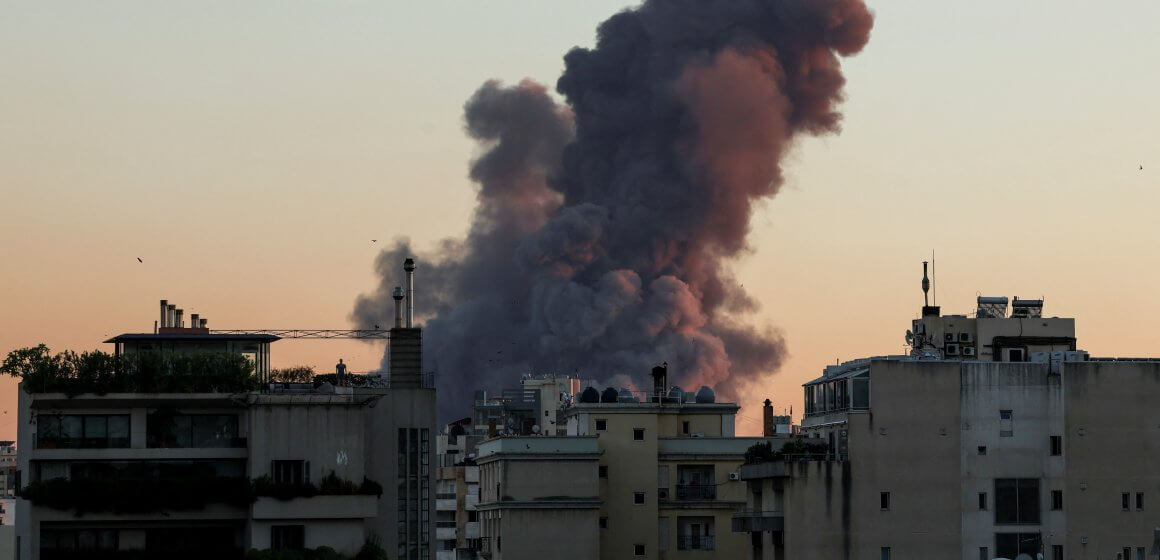



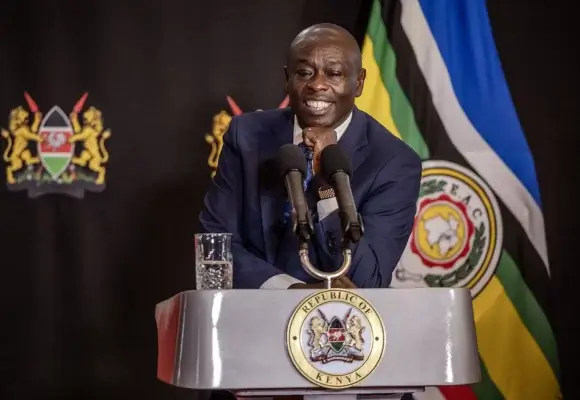
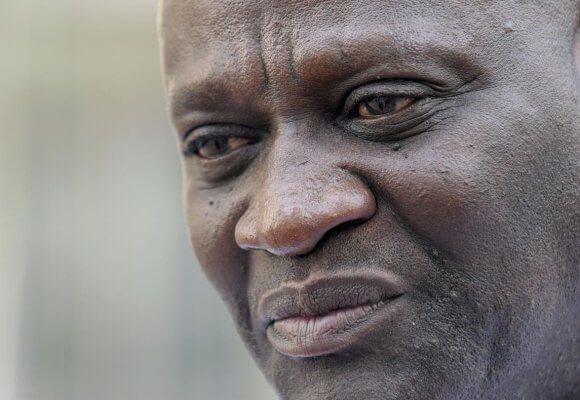
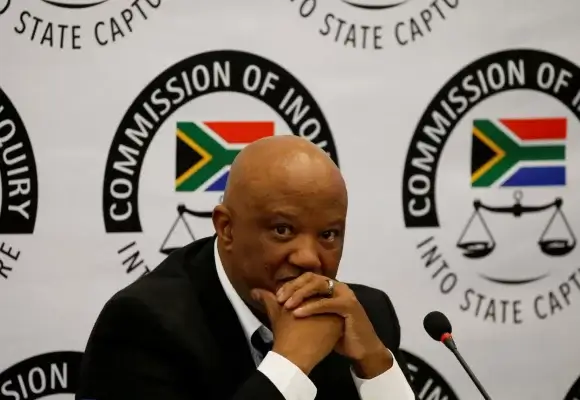
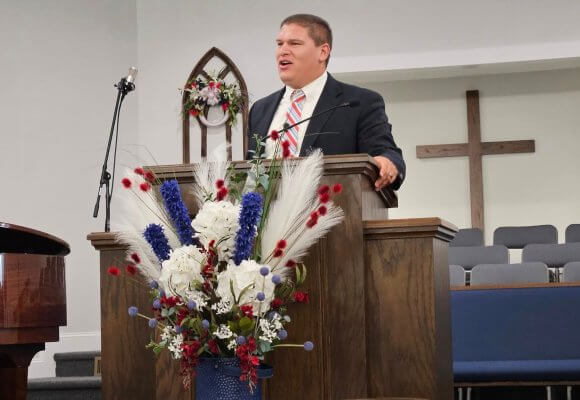



LEAVE A COMMENT
You must be logged in to post a comment.